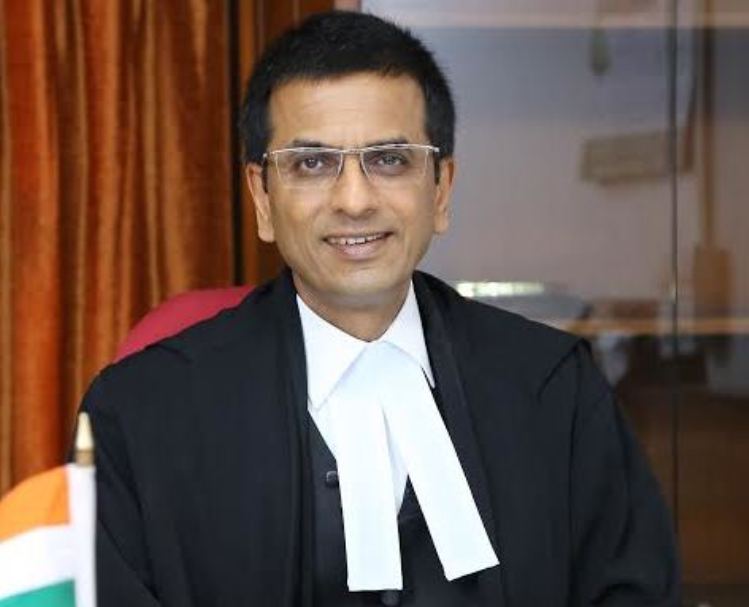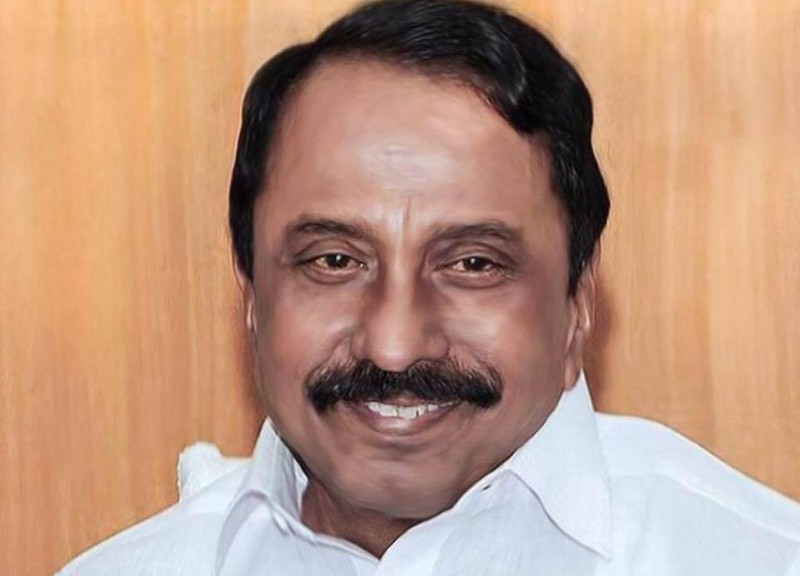'Indicator that India is moving forward': CJI Chandrachud lauds new laws digitising criminal justice procedures

New Delhi: Chief Justice DY Chandrachud praised the introduction of three fresh criminal laws, slated to be implemented on July 1, describing it as a crucial moment for Indian society.
During the event titled "India's forward-moving journey in managing the criminal justice system," attended by Law Minister Arjun Meghwal, CJI Chandrachud underscored that these new laws mark a significant stride in the modernisation of the nation's justice system.
"The three new legislations will help in detecting the loopholes in the criminal justice system which has to be addressed," the CJI said.
The new criminal laws, known as the Bharatiya Nyaya Sanhita, 2023; the Bharatiya Nagarik Suraksha Sanhita, 2023; and the Bharatiya Sakshya Adhiniyam, 2023, are formulated to revolutionize the criminal justice system through the digitization of several procedural aspects.
CJI Chandrachud underscored that starting from the initial filing of a First Information Report (FIR) to the ultimate pronouncement of judgment, each phase of a criminal inquiry will be digitally documented within the framework of the proposed laws.
"The enactment of these laws by Parliament reflects India's evolving landscape and the imperative need for new legal mechanisms to address contemporary challenges," the Chief Justice said.
These laws have a comprehensive approach, ensuring a seamless flow of information and better collaboration and coordination among stakeholders participating in the investigative and adjudicatory processes.
At the CBI Raising Day, too, the CJI also praised the three new criminal laws stating it aimed at digitising criminal procedure and said they were a 'significant step' towards modernising the country's justice system.
Key provisions entail the issuance of electronic summonses and virtual presentation of testimonies, thereby eliminating the necessity for physical paperwork and enhancing communication efficiency among law enforcement agencies, courts, and individuals engaged in legal processes.
CJI Chandrachud also emphasised that these advancements will mitigate delays in the transmission of bail orders to prison authorities and in recording witness statements.
The seminar's objective is to raise awareness about these new criminal statutes, which are set to supplant the preceding laws, namely the Indian Penal Code 1860, the Code of Criminal Procedure, 1973, and the Indian Evidence Act, 1872.




